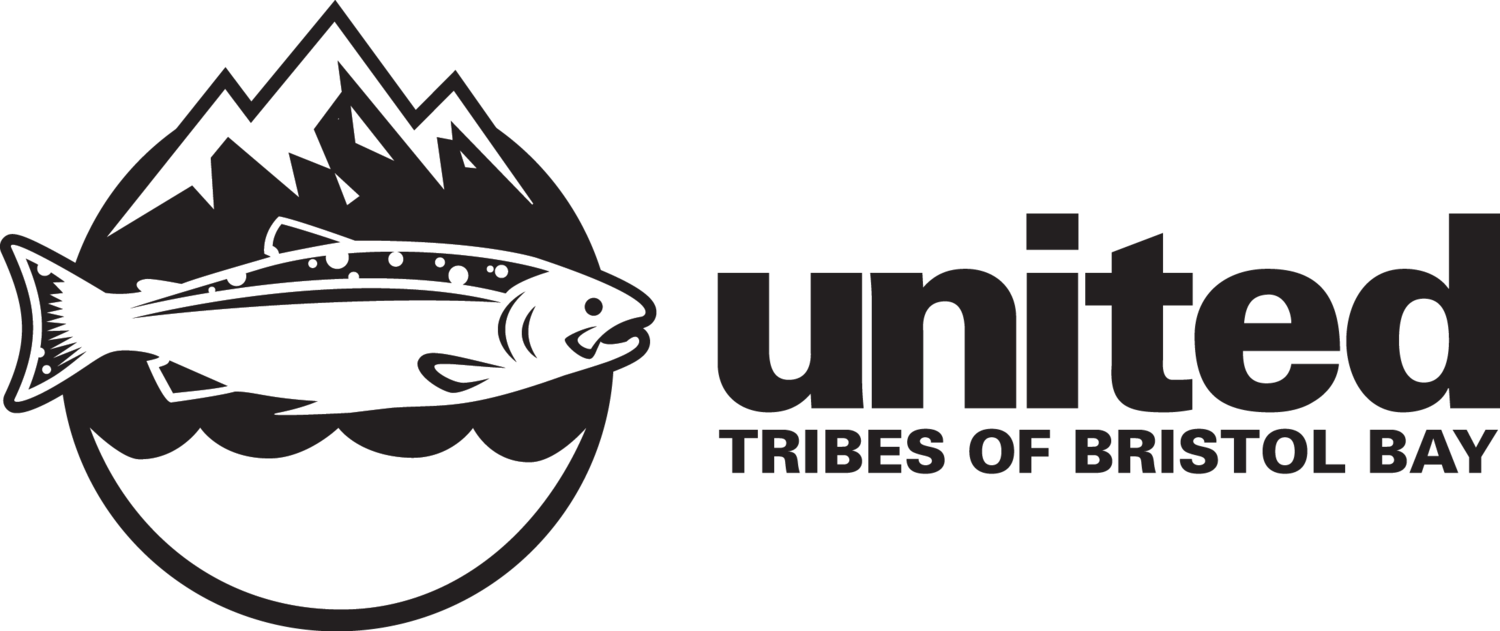Laaganaay Tsiits Gitanee’ Keynote Speech at '24 Sustainability Summit
Keynote speaker, Laaganaay Tsiits Gitanee’—recently embracing her official Haida clan name—spoke deeply about identity, self-determination, and sustainability. In her culture, names carry responsibility: people are known by their clan, and individual actions reflect on the collective. Her name change was a powerful return to that tradition and accountability.
She emphasized that true sustainability starts with community ownership. Too often, outside initiatives fail in villages because they are imposed rather than created by the people themselves.
If our people don’t own it, don’t create it, that’s not self-determination—that’s someone else’s determination for you.
One of the most inspiring aspects of the Bristol Bay region, she noted, is how deeply the people love their children and how fiercely they are reclaiming their language and dances. Sustainability means uplifting the next generation—giving children the strength and courage to speak up and lead from a young age.
She honored local youth-led efforts, including the renaming of a creek, saying:
Whether we agree with it or not is not the point. The point is your children wanted it… they believed in it… they made it happen… because people believed in them and gave them the room to lead.
Yet, she acknowledged that one of the hardest parts of community work is learning to set aside personal differences and past hurts in order to support the greater good:
The hard part is getting over ourselves to make room for other people to do it… they inhibit our ability to see clearly and get behind initiatives that really need the support.
She emphasized that the way adults behave—how we handle disagreement, admit wrongs, and work together—directly impacts what children learn. She shared stories of elders who could disagree in meetings and still leave as family, contrasting this with today’s polarized and dismissive political climate.
When it comes to voting, Alaska Native voters are powerful. They vote across party lines, not for politics, but for what’s best for their people. She reminded the audience:
You’re basically picking your basketball team when you go to the ballot. You get to pick your squad of people who will get behind your issue.”
She pointed to recent examples of this influence—such as the U.S. Navy formally apologizing for the 1869 bombing of Native villages, an event attended by Senator Lisa Murkowski, who holds her seat in large part due to Alaska Native voters.
But that power only matters when people show up. Despite many get-out-the-vote efforts—mailers, speeches, ads—what makes the biggest difference is personal connection.
The biggest impact is when we go door to door... when people take time to connect in the villages.
She closed by honoring the strength of unity:
“15 Tribes working together towards a common cause—that’s difficult. And it is so powerful when it happens... You have been showing up on a statewide level as a bright star of how an almost impossible situation can be approached from all kinds of sides... to find a better vision and pathway forward.”
